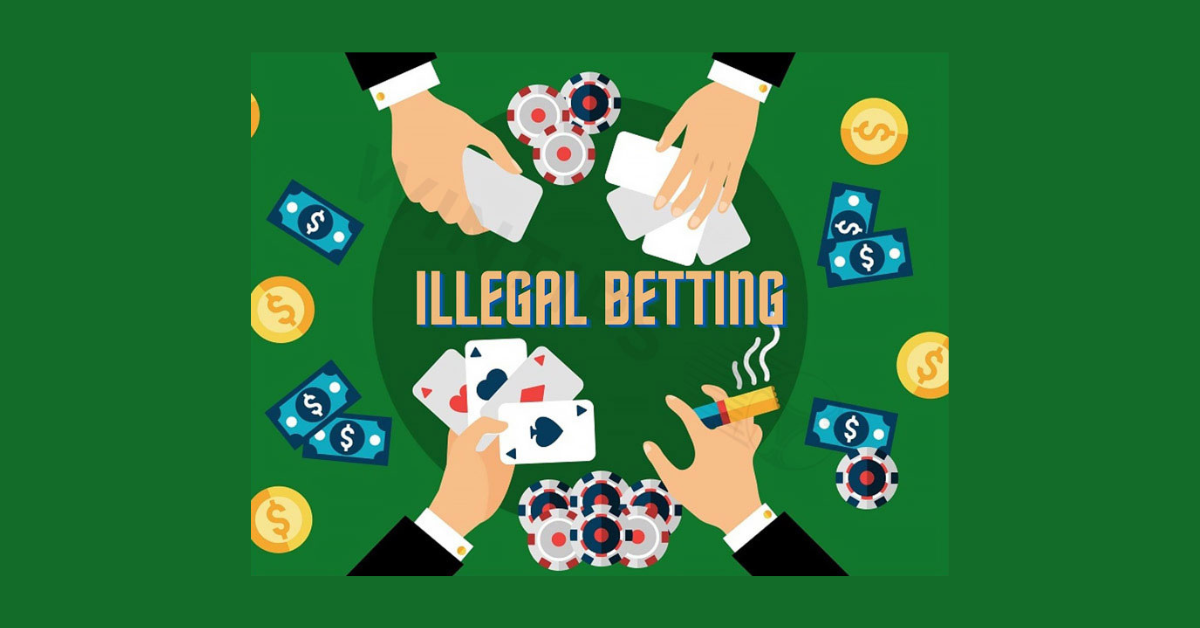The History of Gambling Laws
Throughout history, gambling has been a popular activity, with evidence of its existence dating back to ancient civilizations. As societies evolved and organized, governments began to implement laws to regulate and control gambling practices. The first recorded gambling laws can be traced back to the ancient Greeks and Romans, who imposed strict regulations on various forms of gambling to prevent fraud and ensure fairness.
In medieval Europe, gambling laws continued to develop, often reflecting the prevailing religious beliefs of the time. The influence of the Church was strong, leading to various restrictions and prohibitions on gambling activities. As Europe entered the Renaissance period, gambling laws began to shift, with governments recognizing the potential for revenue generation through lotteries and other forms of gambling under state control.
The Impact of Gambling on Society
Gambling holds a unique position in society, with both positive and negative impacts on individuals and communities. For some, it provides entertainment and a form of social interaction, creating a sense of excitement and thrill. However, for others, gambling can lead to detrimental consequences, including financial hardship, addiction, and strained relationships. The pervasive nature of gambling in society means that its impact can be felt far and wide, influencing not only individuals but also the wider community.
Moreover, the social costs of gambling cannot be overlooked. Studies have shown that problem gambling can result in increased crime rates, strained personal and familial relationships, and mental health issues. Additionally, the economic repercussions of gambling can be significant, with some individuals and families facing financial ruin due to excessive gambling habits. As such, it is crucial for policymakers and society as a whole to critically examine the impact of gambling and implement measures to mitigate its negative consequences.
The Rise of Illegal Gambling Operations
Illegal gambling operations have proliferated in response to the tightening regulations imposed on the gambling industry in many regions. These operations often thrive in the shadows, evading authorities and preying on vulnerable individuals seeking a way to circumvent legal restrictions. Despite concerted efforts to combat illegal gambling, such as increased policing and stricter penalties, these underground operations continue to pose a significant challenge to law enforcement agencies worldwide.
The rise of illegal gambling operations has not only fueled concerns about societal harm but has also created a breeding ground for associated criminal activities. From money laundering to organized crime networks, the illicit nature of these operations enables a host of nefarious actors to exploit the vulnerabilities of individuals and communities. As such, the unchecked growth of illegal gambling not only undermines the integrity of the legal gambling industry but also poses a serious threat to public safety and security.
The Connection Between Gambling and Crime
Gambling and crime have long been intertwined in society, with various forms of illicit activities often associated with gambling operations. Studies have shown a clear link between problem gambling and criminal behavior, as individuals may resort to illegal means to fund their gambling habits or to settle gambling debts. This connection is further exacerbated in cases where organized crime groups are involved in running or controlling gambling enterprises, leading to a range of criminal activities such as money laundering, fraud, and violence.
Moreover, the availability of gambling opportunities can also increase the likelihood of certain crimes occurring within the community. For instance, the presence of casinos or gambling establishments can attract criminal elements looking to exploit vulnerable individuals or engage in illegal activities such as theft, prostitution, or drug trafficking. In some cases, problem gambling itself can lead individuals to engage in criminal behavior as they become desperate to sustain their addiction or recover their losses.
The Influence of Religious Views on Gambling Laws
It’s no secret that religious beliefs hold considerable sway over societal values and legal frameworks. When it comes to gambling laws, various religions have differing stances on the practice. For example, some religious groups consider gambling to be a sinful and morally reprehensible act that goes against the principles of righteousness and stewardship. As a result, these views have been instrumental in shaping the regulations around gambling in many societies.
In contrast, other religious traditions have a more nuanced perspective on gambling, viewing it as a form of entertainment or even a potential source of charitable funds. This diversity of opinions within different religious communities has led to a complex interplay between religious views and the development of gambling laws. For lawmakers and regulators, navigating these diverse viewpoints can be a challenging task, requiring a delicate balance between respecting religious beliefs and upholding the principles of justice and social welfare.















